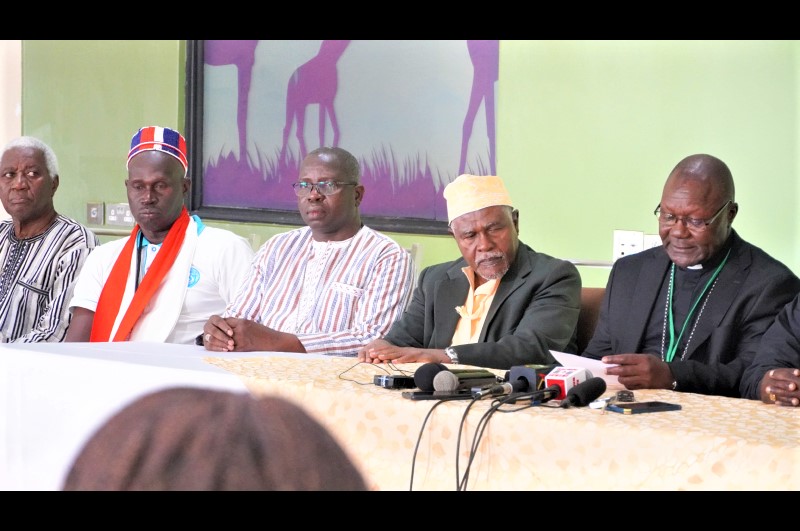


An international symposium on Discerning Leadership and Ignatian Coaching was scheduled to take place in June 2020, but due to the global health crisis (COVID-19 Pandemic), a physical meeting in Rome was not possible. This crisis, however, did not dampen the Spirit to actualize this initiative, therefore, from June 2020, we began to have online engagements.
We had three facilitators (Fr. David McCullum, S.J., Sandra Chaoul, and Pablo Bernal Ribas), and twenty-two participants (three from Africa, three from Asia Pacific, ten from Europe, three from South America, one from South Asia, and two from the United States). It was a rich mixture of genders and a mixture of Jesuits and laypersons. Representatives from Africa were: Fr. Jose Minaku, S.J., Fr. Chiedza Chimhanda, S.J., and Abuchi Muoneme, S.J.
The online symposia were, by and large, monthly.
The international symposium culminated in a three-day conference from Feb 10 – 12, 2021. This was essentially a journey of a community of practice as well as a community of exploration, encounter, learning, and growth. We were open to gaining new insights, new knowledge, and crucial leadership paradigms. We were also open to enter into spiritual conversations. We co-created together, and there was a common love for synodality. We thought together, shared together, and built community. Our trajectory showed that the thrust of a leader is to build community. The synodal model of leadership was leadership as community and not leadership as power. In a synodal model, there is discernment in common and accompaniment. In our community of practice, Ignatian concepts like magis, freedom, discernment, cura personalis, self-awareness (examen) were brought to light.
The meeting sessions involved presentations, small group meetings, and plenary sessions. We learned some “Foundations for Ignatian Coaching and Leadership Development.” There was an appraisal of Ignatian theological anthropology, which entails Ignatius’ deep self-retrospection and a shift from an anthropocentric worldview to a theocentric and cosmo-centric worldview (as seen in Laudato Si'). The roles of memory (past), intellect (present), and will (future) in leadership were also reviewed. Leadership crises and blind spots were exposed in order to enable us to change our mindsets. Thus we also had a community of metanoia. Other reflections were on VUCA (vulnerability, uncertainty, complexity, ambiguity) and COVID-19 as a backdrop for leadership, as well as manifestations of formal and moral authority during this time of global health crisis.
Part of the consolation I received during this journey includes being part of a global community of practice and metanoia. I am also consoled I was able to participate during the time of the lockdown as well as in the midst of a busy work schedule. I met many faces and personalities and heard many stories. Technology was a blessing, and it really helped us to adapt quickly during this time of the COVID-19 pandemic. A sense of connection with a global movement helped to build intercultural competence. We were like a synodal community. No one was the center focus. Our global community, albeit on an electronic platform, was open to new ideas and new ways of engaging and thinking. In a synodal church, Christ is at the center, not an individual; and a synodal church or synodal organizational system is dialogic and not monologic. Such an organization promotes and harnesses collective intelligence. I discerned these features in our community of practice.
Our converging theoretical framework was captured in the themes below (extracted from the mind map of the symposium). This framework brought together our dialogues, thoughts, and reflections.
1. Context (vision of synodal church, co-creating with God’s grace, Fratelli Tutti)
2. Attunement with the Spiritual Exercises (freedom, conversion, movement, and graces of the four weeks)
3. Credentials and Qualification (personal experience, ethical values, and coaching credentials, professionalism, etc.)
4. Accompaniment (cross-cultural consciousness, wholistic approach, hand-holding mentorship approach)
5. In service of Leadership (contemplative stance, encounters with complexity, dialogical experience, capacity for discernment, leadership that is healing and builds trust and community)
Thanks to the facilitators and my fellow participants for this ongoing community of practice. Thanks too to the President of the Jesuit Conference of Africa and Madagascar (JCAM), Fr. Agbonkhianmeghe E. Orobator, S.J., for the opportunity to participate in this discerning leadership praxis. I am grateful for the grace of this experience, which is also adding value to my mission and work at St. Francis Catholic Secondary School, Idimu.
Select Payment Method
Pay by bank transfer
If you wish to make a donation by direct bank transfer please contact Fr Paul Hamill SJ treasurer@jesuits.africa. Fr Paul will get in touch with you about the best method of transfer for you and share account details with you. Donations can be one-off gifts or of any frequency; for example, you might wish to become a regular monthly donor of small amounts; that sort of reliable income can allow for very welcome forward planning in the development of the Society’s works in Africa and Madagascar.
Often it is easier to send a donation to an office within your own country and Fr Paul can advise on how that might be done. In some countries this kind of giving can also be recognised for tax relief and the necessary receipts will be issued.


